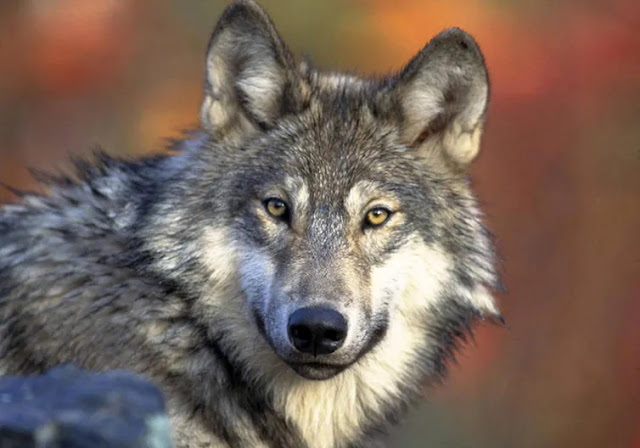Scientists Issue Plan for Rewilding the West With Gray Wolf and North American Beaver
Ecosystem restoration in the US West has attracted substantial public attention as the consequences of climate change worsen. President Joe Biden's America the Beautiful plan, which aims to protect 30% of US land and water by 2030, has helped to support this. William J. Ripple and 19 other authors provide a "Western Rewilding Network" proposal as a follow-up to the Biden plan in the journal BioScience. It consists of 11 sizable reserve areas on property that the federal government currently owns. In addition to the restoration of two important species, the gray wolf and the North American beaver, the authors call for the end of cattle grazing on some federal areas.
The authors claim that beavers and wolves are well known for their ability to have a significant impact on an ecosystem. They cite as an example how beavers "enrich fish habitat, increase water and sediment retention, maintain water flows during drought, provide wet fire breaks, improve water quality, initiate recovery of incised channels, increase carbon sequestration, and generally enhance habitat for many riparian plant and animal species." Wolves "may aid in the natural regulation of overabundant native ungulates" and have a comparable ability to alter ecosystems. In regions that had previously been degraded, natural plants might grow again as a result.
The experts predicted that the rewilding initiative will have significant cascading impacts. Many of the "92 vulnerable and endangered species spanning nine taxonomic groups: five amphibians, five birds, two crustaceans, 22 fishes, 39 flowering plants, five insects, 11 mammals, one reptile, and two snail species" might potentially profit from it, according to the authors.
The authors list a variety of expenses associated with their risky effort. These include compensation for any livestock producers who lost access to grazing allotments on federal lands, who should only be compensated. Ripple and colleagues contend that these difficulties will ultimately prove manageable, in part because the amount of meat produced in the United States from pasture on federal lands only amounts to around 2% of total production.
The scientists also claim that given the "unprecedented period of converging crises in the American West, including extended drought and water scarcity, extreme heat waves, massive fires triggered at least partially by climate change, and biodiversity loss," the time is right for "ultra ambitious action."




Comments
Post a Comment